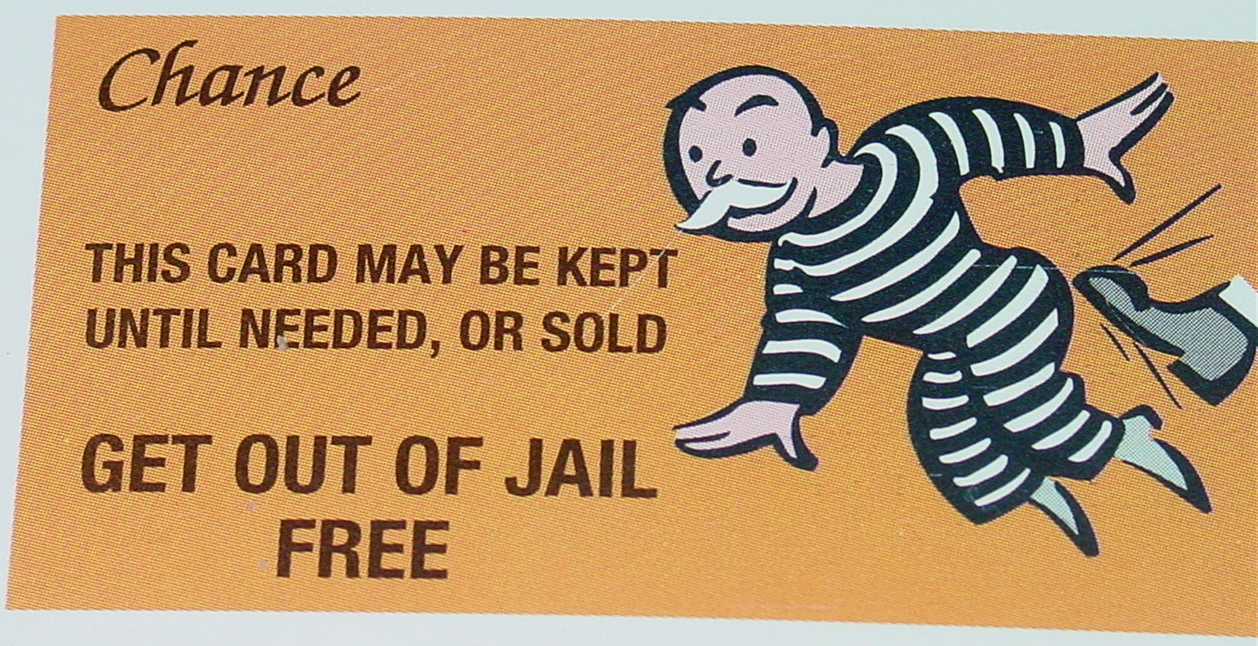 The Big Short movie and the Bernie Sanders presidential campaign are not the only things reminding us about the role of bank misconduct in the financial meltdown. Federal and state prosecutors are continuing to wrap up cases brought against the main culprits.
The Big Short movie and the Bernie Sanders presidential campaign are not the only things reminding us about the role of bank misconduct in the financial meltdown. Federal and state prosecutors are continuing to wrap up cases brought against the main culprits.
The Justice Department just announced that Morgan Stanley will pay $2.6 billion to settle allegations relating to the sale of toxic residential mortgage-backed securities, with another $550 million going to New York State and $22.5 million to Illinois. This comes a few weeks after Goldman Sachs disclosed that it expects to pay up to $5 billion to resolve similar allegations, while Wells Fargo is paying $1.2 billion to settle allegations that it engaged in reckless underwriting and fraudulent loan certification for thousands of loans insured by the Federal Housing Administration that ultimately defaulted.
These are the latest in a string of settlements that included a $16.7 billion payout by Bank of America in 2014 and $13 billion by JPMorgan Chase the year before.
Donald Trump harps on the notion that the government makes lousy deals. Can that be said of these bank settlements?
In one respect, they are a big improvement in the terms on which the feds resolved cases of corporate malfeasance in the past. Compelling companies to cough up billions of dollars begins to bring enforcement into the 21st Century. By comparison, regulatory agencies such as OSHA, bound by outdated legislation, are still fining companies only a few thousand dollars for serious violations.
The magnitude of the bank settlements is lessened by the fact, as U.S. PIRG tirelessly points out, that some portions of the payouts are tax deductible. Even so, the after-tax costs can have an impact. For example, Deutsche Bank, which last year had to pay out some $2.5 billion to settle charges relating to manipulation of the LIBOR interest rate index (and earlier settled a toxic securities case for $1.9 billion), recently cited legal costs as a key factor in announcing an annual loss of more than $7 billion.
The big U.S. banks, however, remain quite profitable and have had little difficulty handling their settlement costs, parts of which are stretched out over years. Their punishment has entailed limited pain.
By all rights, the discussion of this issue should not be framed simply in terms of dollars. We should also be talking about the appropriate length of the prison sentences for the banking executives who should have been personally prosecuted for the abuses.
Unfortunately, the type of criminal justice reform now being discussed for street offenses has already been in effect for many years with regard to white collar crime. Corporate crooks do not have to worry about mandatory minimums, given that they are rarely prosecuted at all. The decriminalization being discussed for the drug trade has long been the norm for the more respectable branches of commerce.
Even if the political will were present, it is too late to begin prosecuting those responsible for the financial meltdown. Yet there is little doubt that new frauds are in the works and will eventually break out into the open. Unless things change, the culprits will once again beat the rap. And that’s a bad deal for the rest of us.